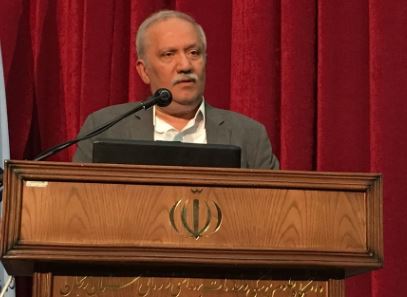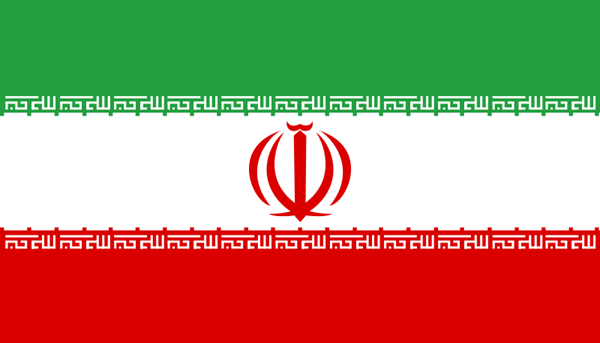Iran close to wiping out Malaria
May 1, 2017
“With renewed focus and commitment, we can make it a shared reality to end this deadly and old disease.”
These words were shared by UNDP Deputy Resident Representative (DRR), Ms. Anne Marie Sloth Carlsen on the occasion of World Malaria Day (WMD) 2017.
Every year, WMD is commemorated on 25th April. The theme for 2017: “End Malaria for Good” and this is what we - in the Islamic Republic of Iran - are trying to achieve.
This year the commemoration was held in Zanjan. Present at the event were government officials, CDC and UMSs officials, academia, media, and representatives from UNDP and WHO.
Sharing her remarks with the attendees, Ms. Carlsen stated: “On WMD, we acknowledge the achievements in combating malaria in countries all over the world. In the case of Iran, today is a true milestone. The fight against malaria in Iran has a long history of more than 60 years. However, I think we can say with pride that the breakthrough in this fight has come with the support from the Global Fund since 2008. Since then, Iran has achieved a reduction of about 98% in local cases through the partnership between UNDP, World Health Organization (WHO), Center for Disease Control (CDC) and the Iranian Universities of Medical Sciences (UMS)” said Ms. Carlsen.
 UNDP Deputy Resident Representative, Anne Marie Sloth Carlsen (left) and Malaria Project Assistant, Maryam Khatibi (right)
UNDP Deputy Resident Representative, Anne Marie Sloth Carlsen (left) and Malaria Project Assistant, Maryam Khatibi (right)Ms. Carlsen continued her speech by highlighting the most important challenge we face in order to eliminate this disease and said: “Based on the latest assessments, the biggest challenge facing us in Iran is preventing the re-introduction of malaria transmission.”
She then continued by stating that: “This year’s WMD celebration will be the last for UNDP in Iran to take part as Principal Recipient of the funds from the Global Fund allocated to I.R. Iran to target the elimination of malaria. This project is coming to an end after nine years of fruitful collaboration between UNDP, WHO, CDC, and UMSs.”
In her closing remarks, the UNDP DRR said: “Let me once again thank all partners for the excellent collaboration under the Global Fund Malaria Grant during the past nine years, congratulate Iran on making the best of the opportunities offered under this grant, and express my sincere hope that malaria will come under control and ultimately elimination and that I.R. Iran will be in a position to receive the WHO certificate for malaria elimination.”
 Dr. Mohammad Mehdi Gouya, Head of Centers for Disease Control and Prevention
Dr. Mohammad Mehdi Gouya, Head of Centers for Disease Control and PreventionDr. Mohammad Mehdi Gouya, Head of CDC also spoke at the ceremony and said: “In order to achieve the malaria elimination in Iran we – as the government of Iran – need to focus more on the South and South-East of Iran.” Due to the movement of seasonal workers in this part of the country, crossing the border to come into Iran for construction and agriculture work, there is a need to focus more on this region. Dr. Gouya then continued by saying “Malaria experts have to spend time, energy and efforts in order to use best practices in malaria elimination.”
Before presenting awards to participants at the morning’s ceremony, Dr. Raeisi, National Programme Manager for Malaria Control also spoke at the ceremony. He said: “Our programme to eliminate Malaria is very up to date and in line with the newest methods in the world, 22 countries in the world are trying implement these methods – Iran is one of these countries.”
Dr. Raeisi concluded his remarks by saying that “Eliminating malaria is our top priority at the Ministry of Health and we can assure you that we will achieve this goal in the near future.”





